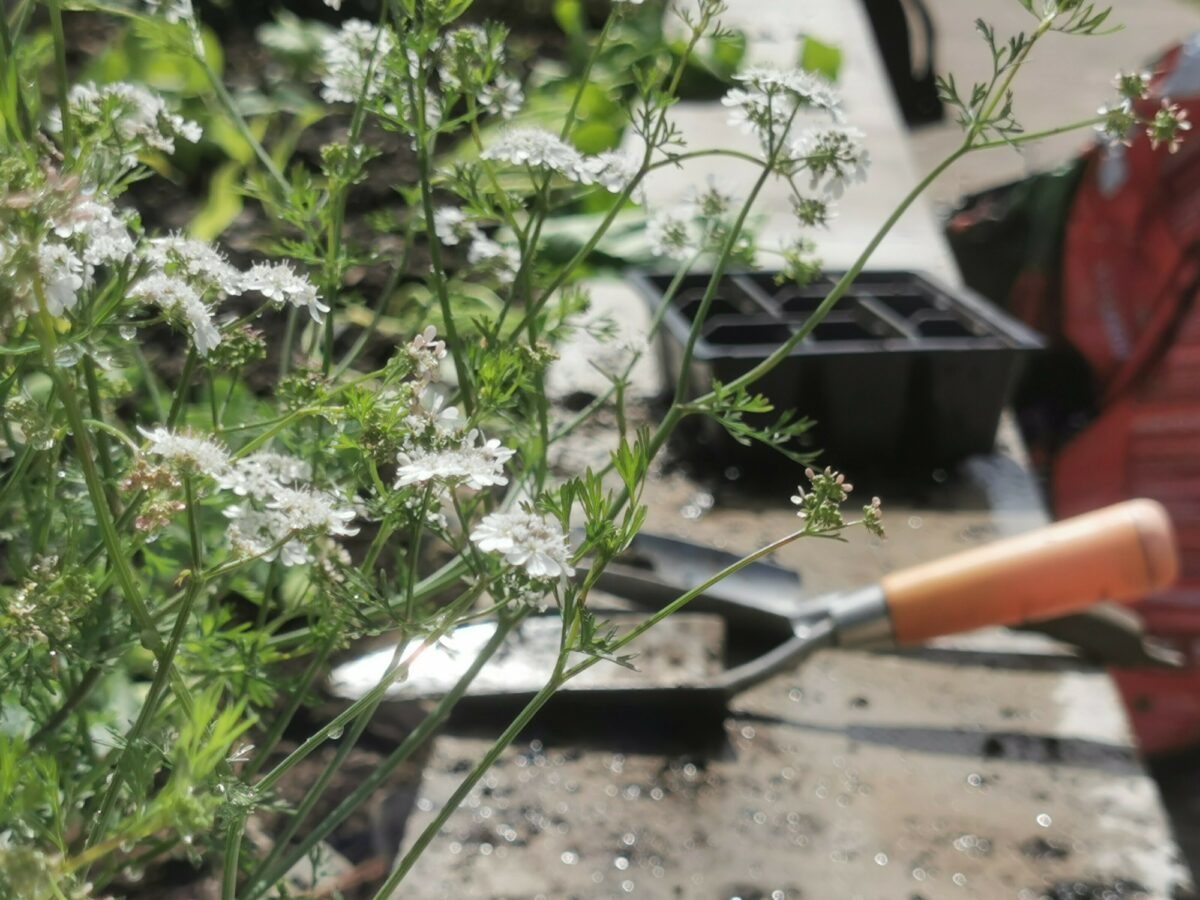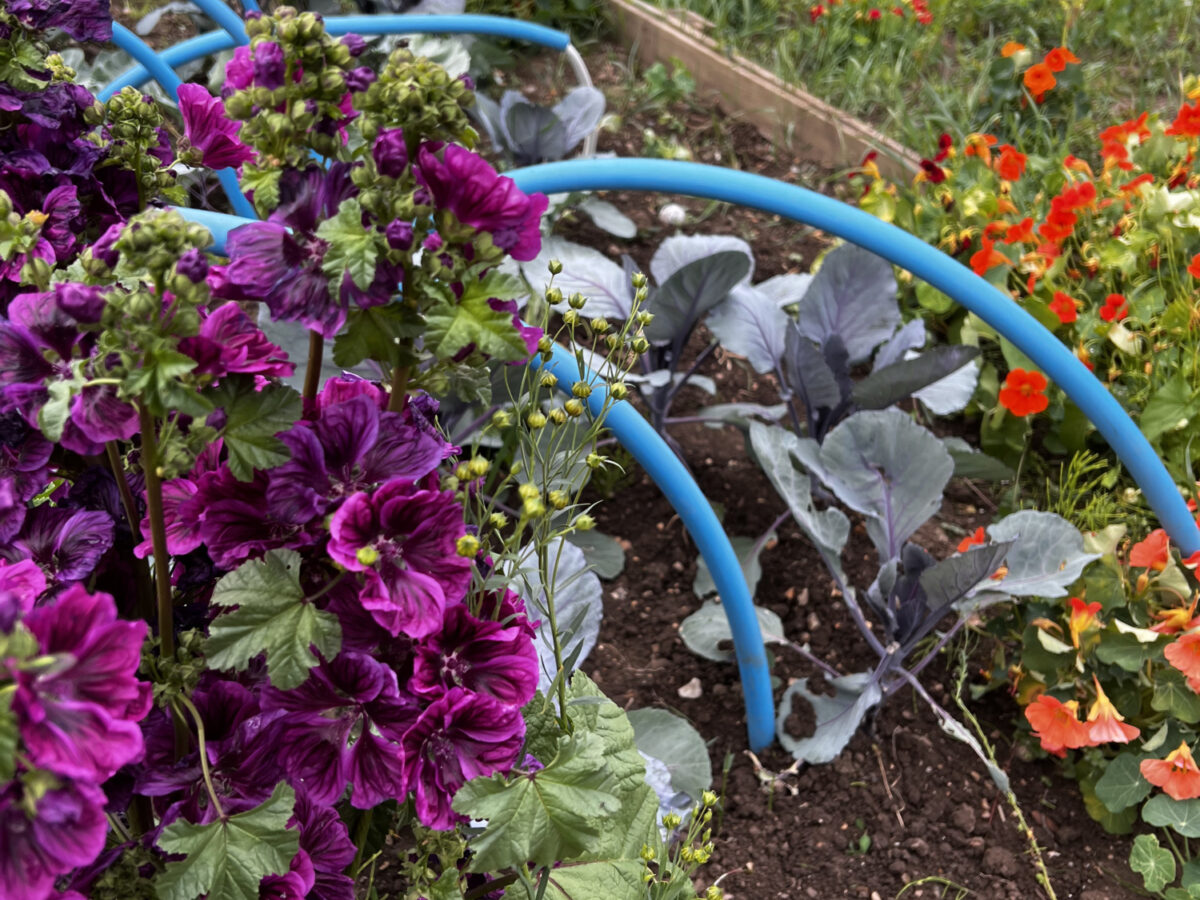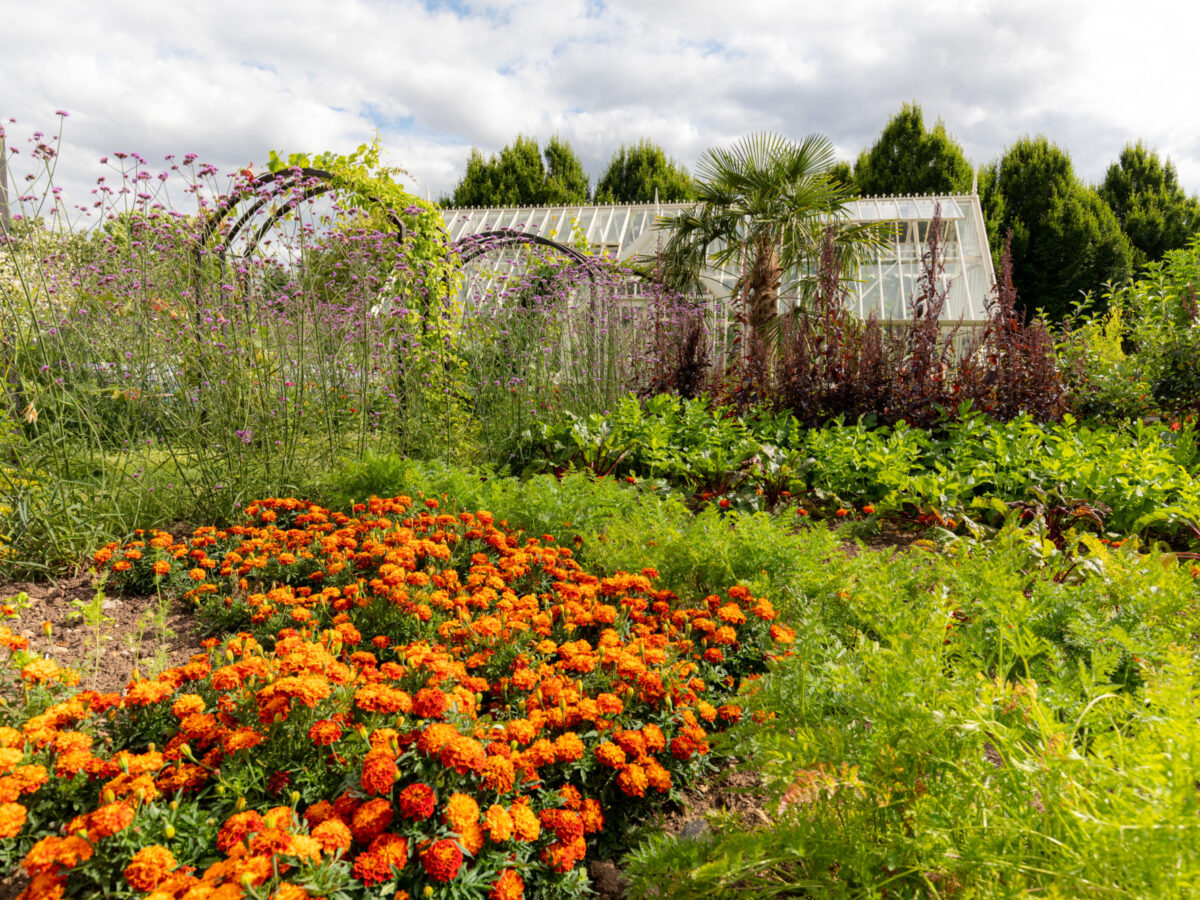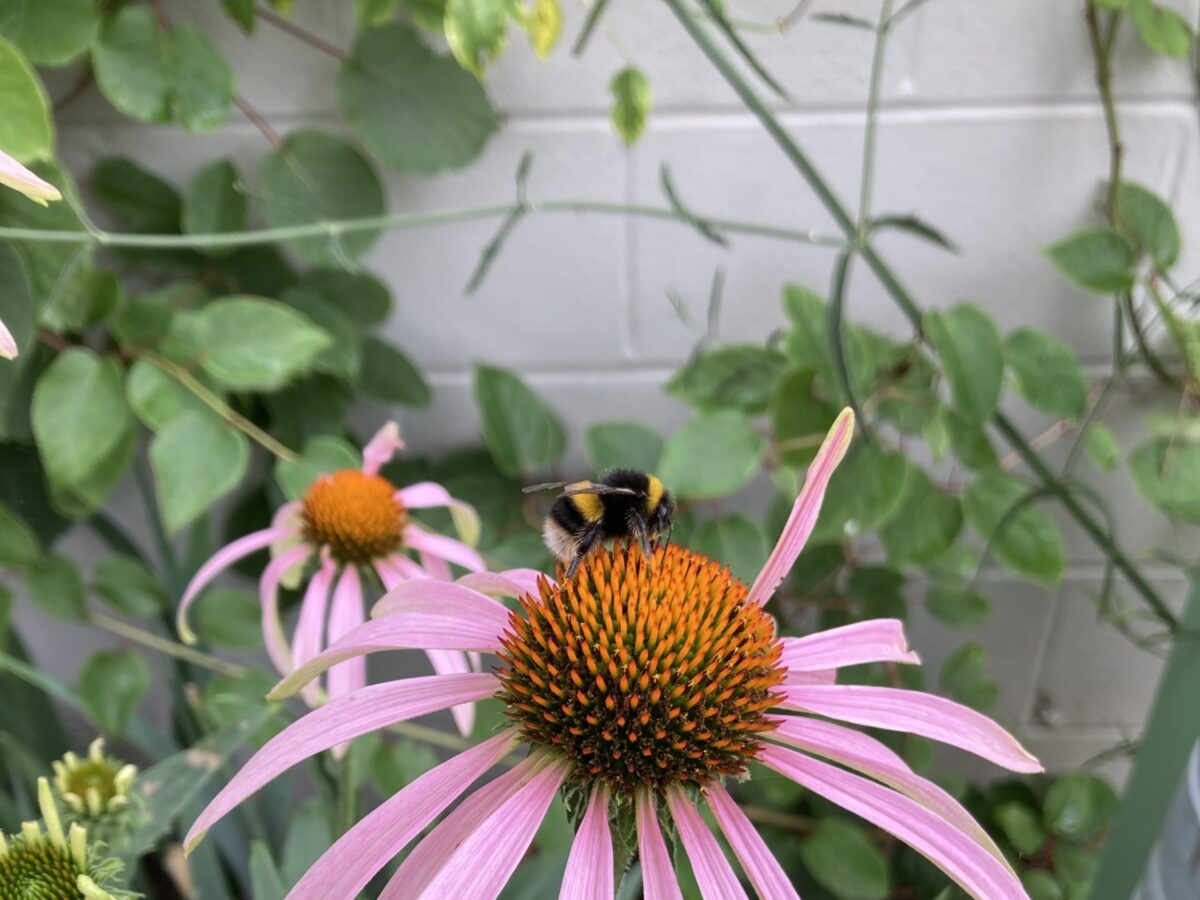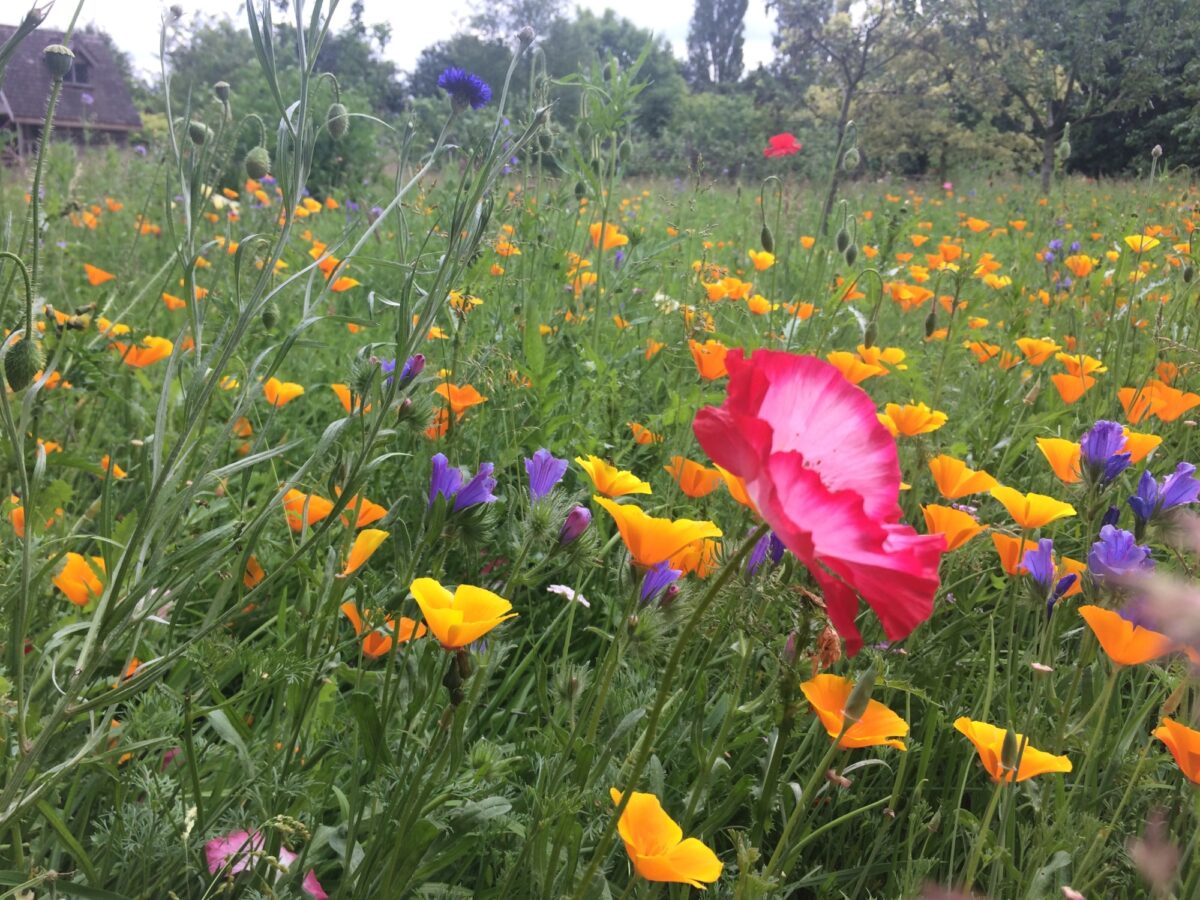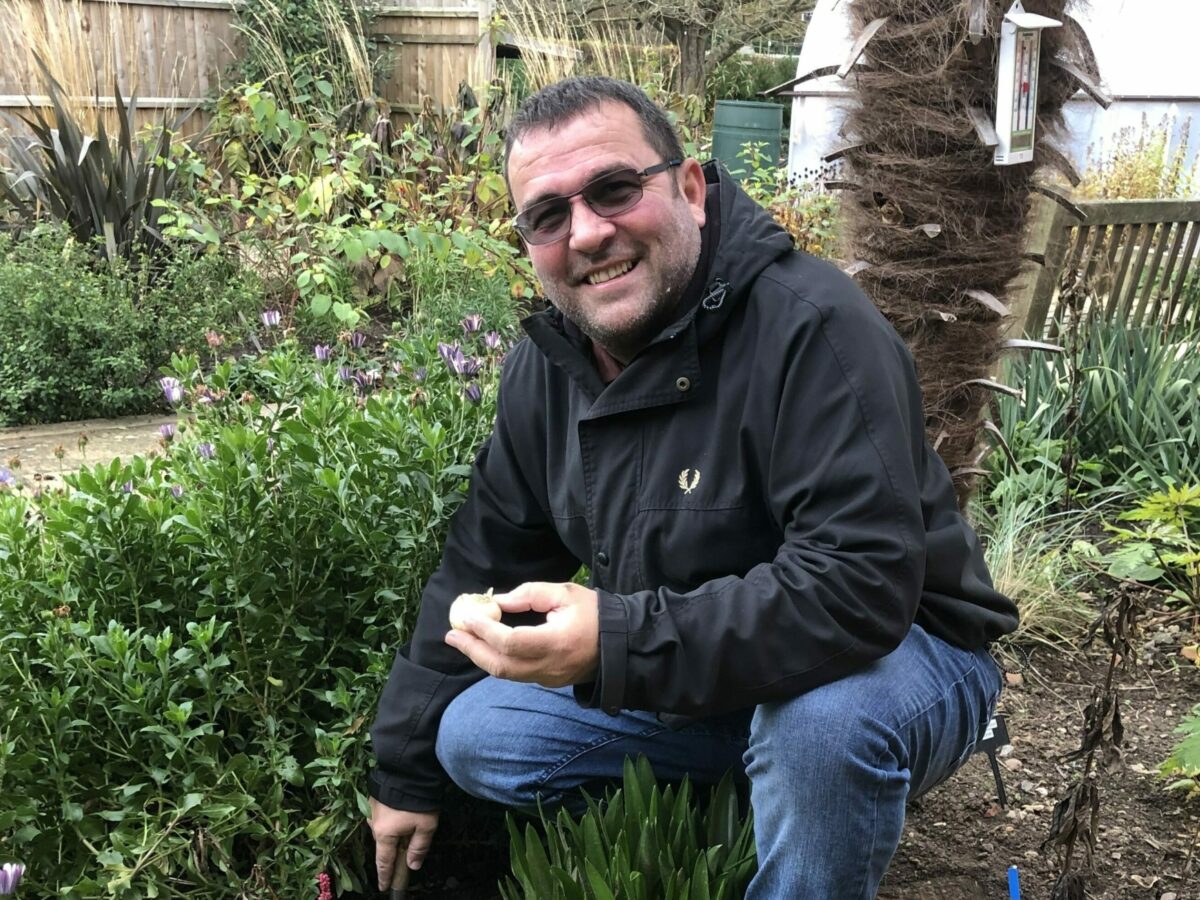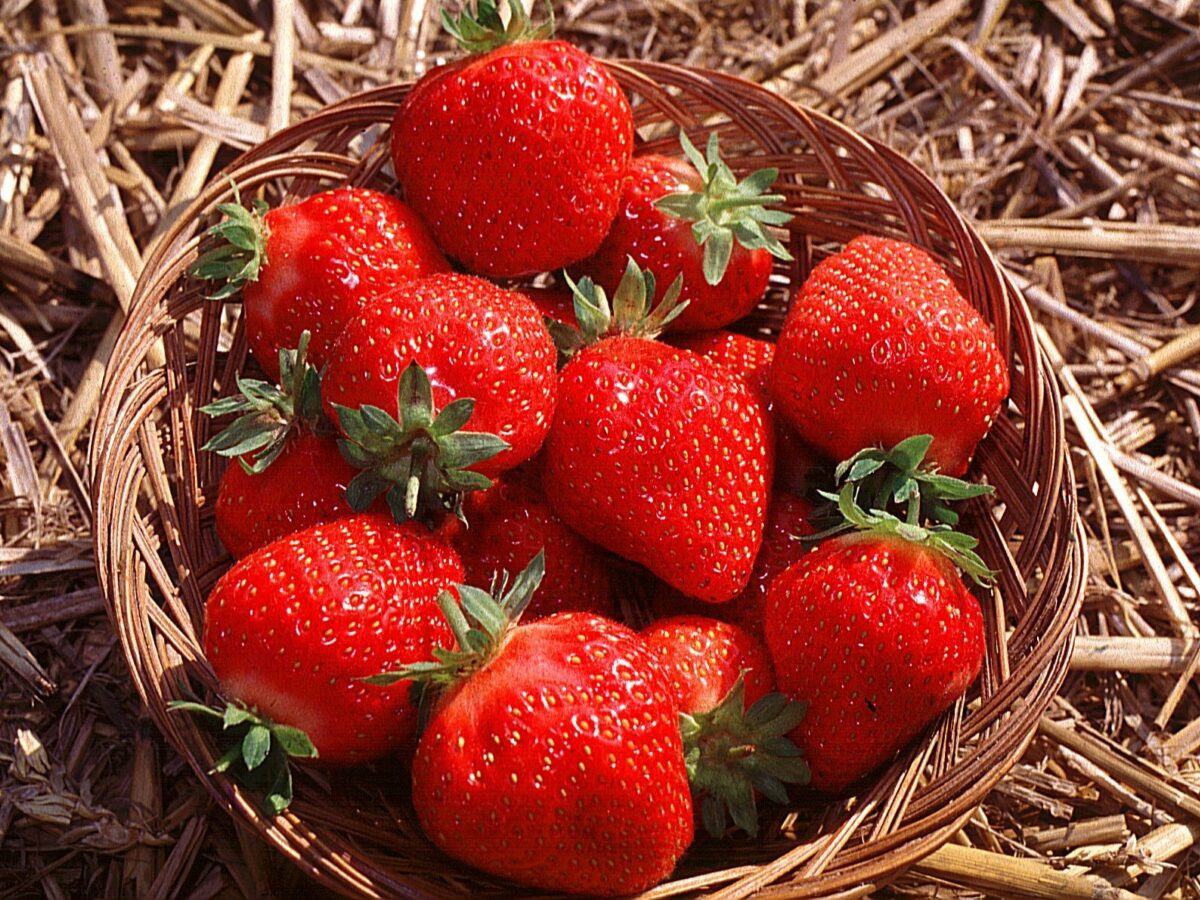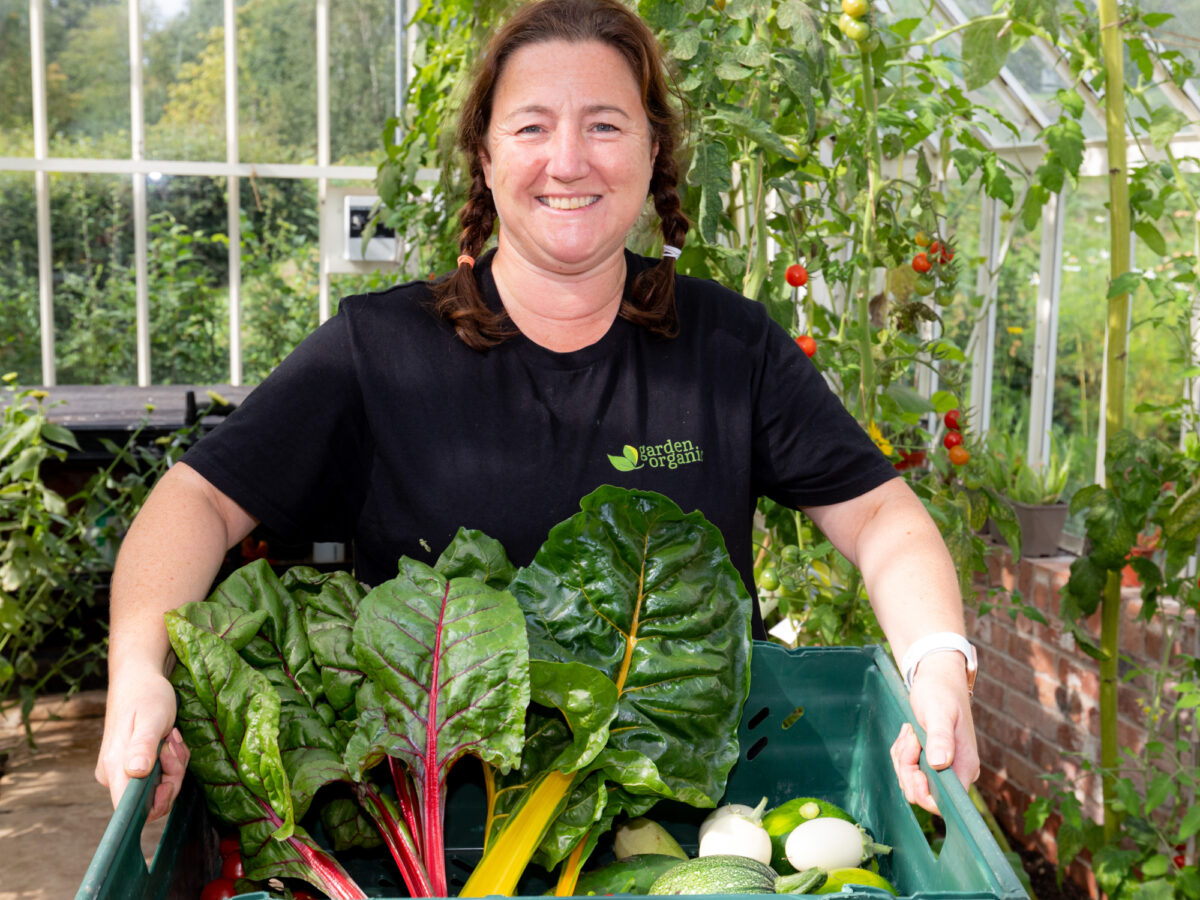
Ambitious proposals for Wales to increase its organic output
Could Wales become 30% organic in the next decade? Plaid Cymru is pushing for Wales to increase it's organic output with an ambitious plan to support farmers who want to convert to organic growing.
